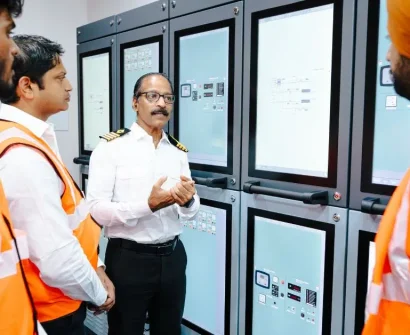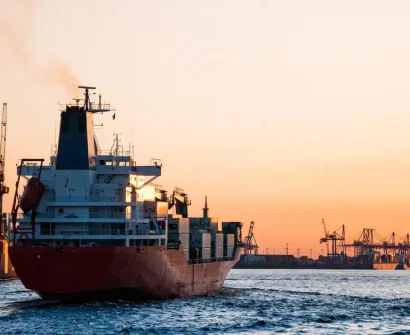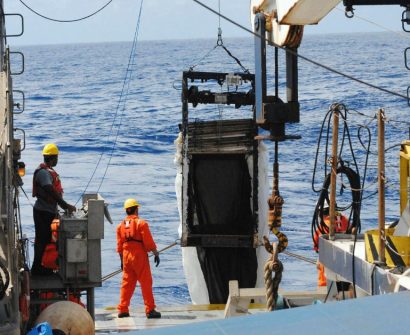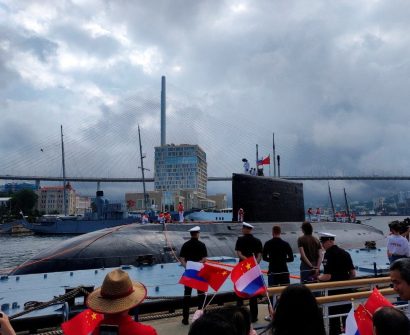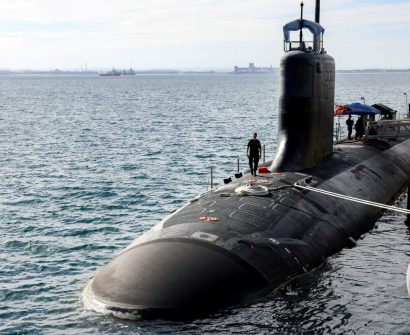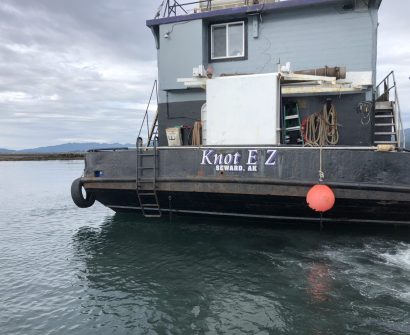CK Hutchison’s Panama Ports Under Threat Amid U.S.-China Tensions
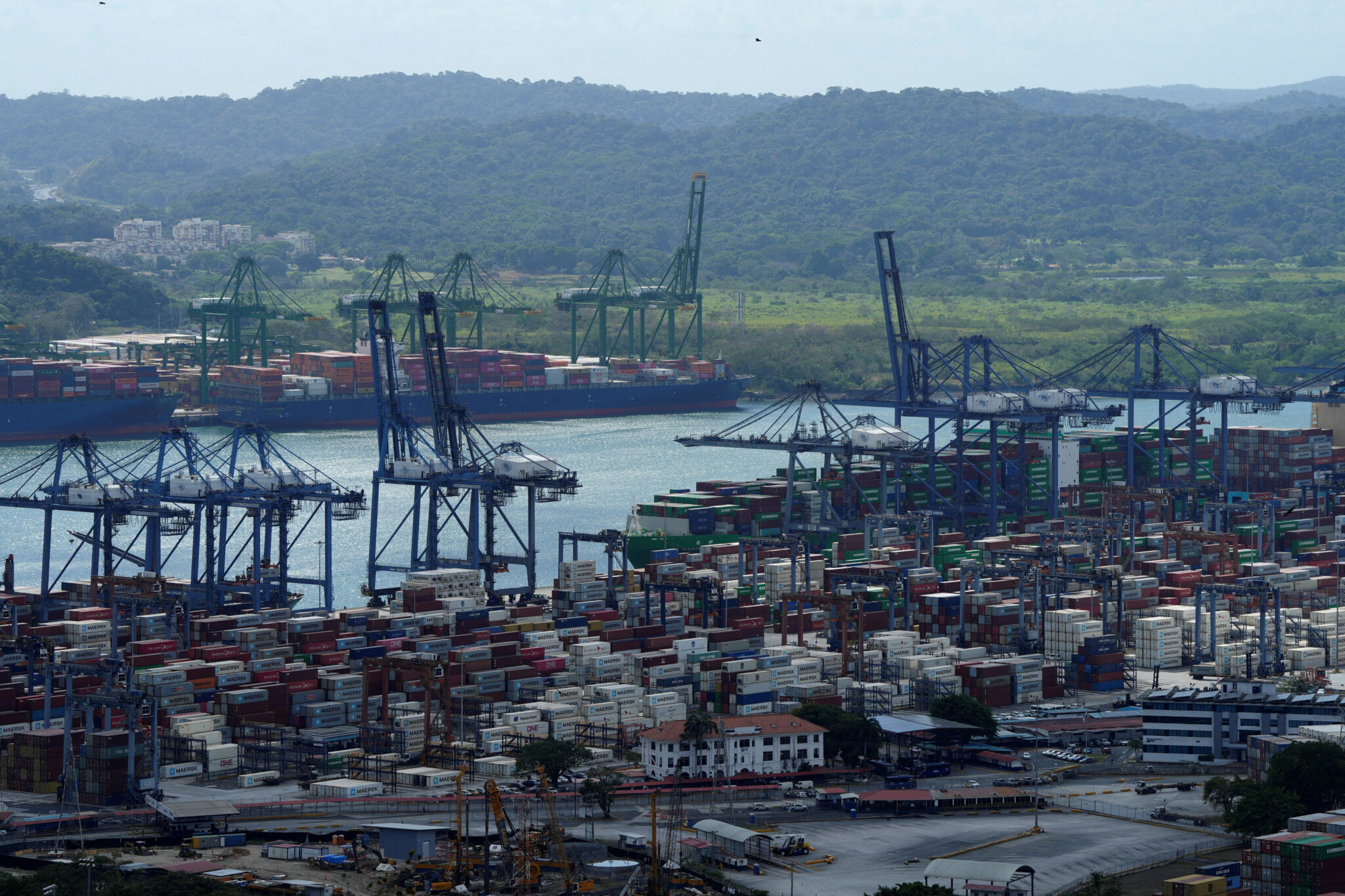
A 25-Year Maritime Contract Now Faces Termination
On July 31, 2025, Panama’s President Jose Raul Mulino announced that the long-standing contract allowing Hong Kong-based CK Hutchison to operate the critical Balboa and Cristobal ports could be scrapped. These ports sit at either end of the Panama Canal — one of the most strategically vital waterways in global trade.
The operator, CK Hutchison, currently controls 90% of the Panama Ports Company under a concession renewed in 2021. But a new wave of legal and political pressure — fueled by U.S.-China rivalries — has thrown the deal into uncertainty.
If the courts nullify the contract, Panama may shift to a state-public partnership model, disrupting decades of foreign port operation.
What Happened — In 3 Key Points
Port Control in Limbo: Panama’s Supreme Court is reviewing a lawsuit to invalidate CK Hutchison’s 25-year contract for Balboa and Cristobal ports.
Geopolitical Heat: The U.S. supports the operator’s sale to a BlackRock-led group. China views the move as a betrayal of its regional influence.
Public-Private Shift Ahead: President Mulino has signaled a preference for state partnerships to take over port and mining assets if current deals collapse.
Legal Firestorm Over Port Control
Two lawsuits filed by Panama’s Comptroller General are now before the Supreme Court. They argue the 2021 contract renewal violated due process — bypassing required approvals and yielding too little benefit for Panama.
President Mulino stated publicly that he sees no future for the current arrangement, amended or not. He’s waiting on the court’s decision, but his words strongly hint at a transition in port management.
This legal review coincides with CK Hutchison’s effort to divest its global port operations to a consortium backed by U.S. asset manager BlackRock — a deal warmly welcomed by Washington but sharply criticized by Beijing.
Larger Tensions at Play
The Panama Canal is no stranger to geopolitical attention. But this time, it’s about commercial influence — not control of the waterway itself.
The Trump administration has raised concerns about Chinese footholds in Panama’s logistics and shipping industries. That backdrop makes CK Hutchison’s exit — and the U.S.-backed takeover — more than a business deal. It’s a chess move in the larger U.S.-China rivalry.
CK Hutchison, in response, has hinted it may include a Chinese investor in the port sale to balance the geopolitical push and pull.
The Wake Left Behind
This case isn’t just about ports. It’s about how nations are rethinking the boundaries between public interest and private investment.
For seafarers and port workers, the uncertainty creates operational instability — contracts may shift, management may change, and political winds may dictate business continuity.
The maritime world is global, but decisions like this remind us how local politics can steer international waters.
Captain AI’s POV
As someone who’s passed through Balboa and Cristobal more times than I can count, this hits differently.
You expect tides to change — but not contracts.
Ports must serve trade, not become pawns in diplomatic chess.
Mariners need stability at both sea and shore.
Whatever the outcome, crew welfare and port efficiency must remain at the core.
Find all the latest news here : Latest Shipping News – marineguru.in


